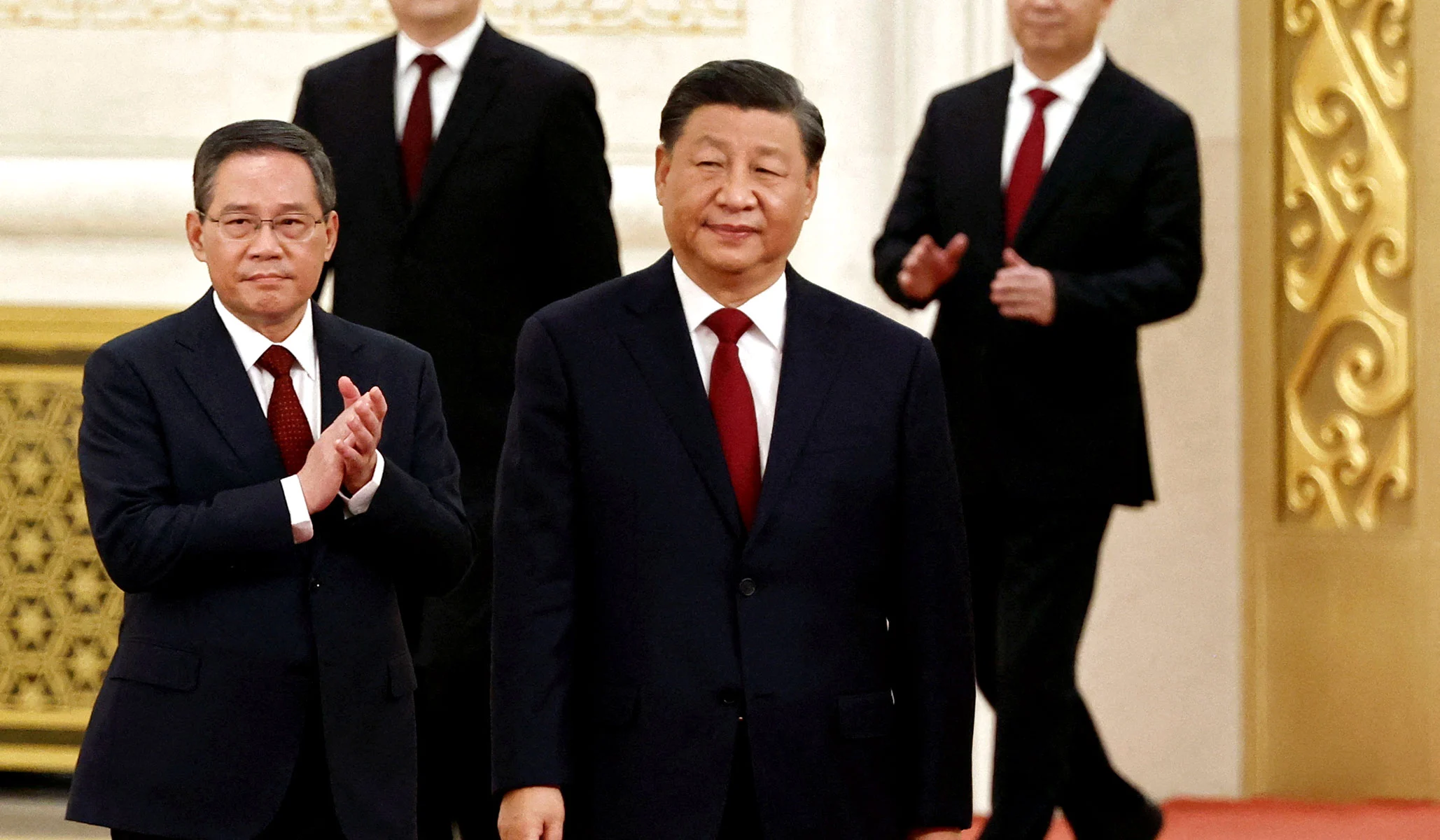A group of lawmakers and residents in Big Rapids, Mich. are opposing the construction of a battery plant despite the promise of thousands of local jobs. While environmental concerns are one reason for the opposition, the underlying issue is that Gotion Inc., the California-based company behind the plant, is owned by a Chinese firm with an in-house Chinese Communist Party (CCP) cell. Though Gotion is a U.S.-registered entity and subject to U.S. law, the risk of CCP influence over its parent company remains. This risk is not unique to Gotion or Chinese firms, as a growing number of U.S. businesses have CCP cells in their Chinese subsidiaries. Chinese law requires any organization with three or more CCP members to establish a party cell, and Xi Jinping’s government has pushed for more foreign subsidiaries to comply since 2016. The CCP uses party cells to gain broad access to businesses, and members are often granted positions on corporate boards and in senior management. U.S. companies are increasingly establishing party cells in their Chinese operations to avoid displeasing the CCP and risking their business operations in China. One option for policymakers to decrease China’s influence through private entities in the U.S. is to prohibit U.S. companies from establishing CCP cells in their Chinese entities.

Lawmakers and Residents Oppose Battery Plant in Michigan Over CCP Concerns
by
